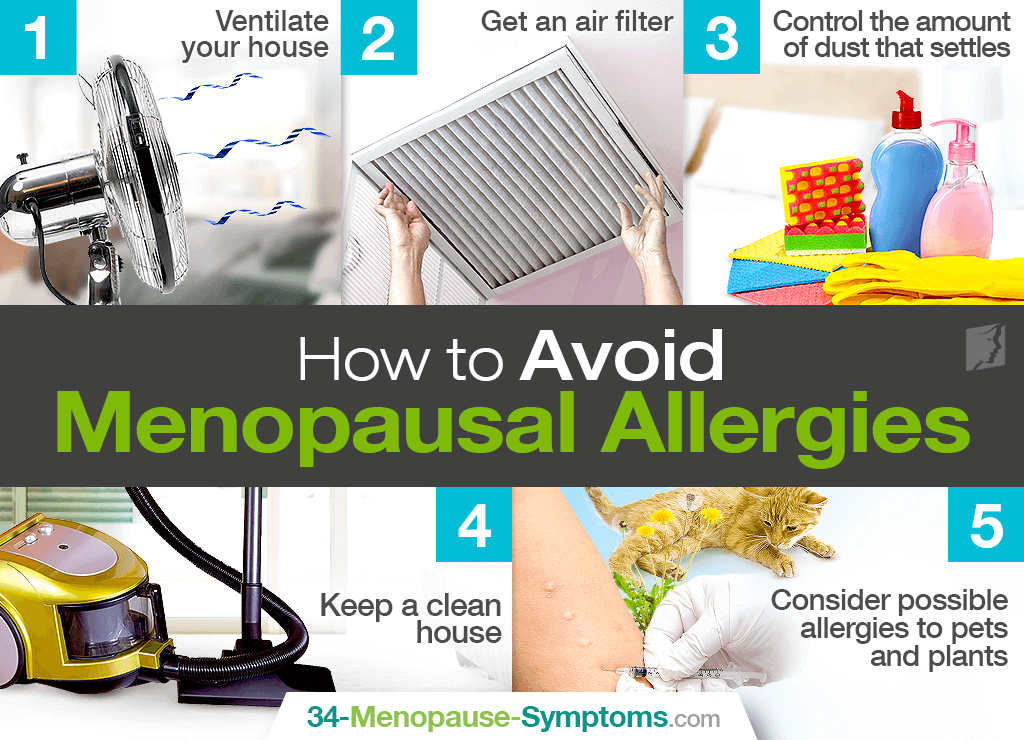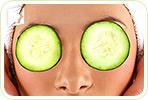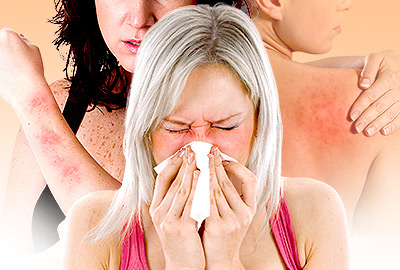Women who have never suffering from allergies in their lives and then suddenly have them while transitioning through menopause may wonder how exactly they can avoid menopausal allergies.
Continue reading to find out how to avoid unnecessary allergies during menopause for a healthier, happier you transitioning into your twilight years.
What Are Allergies?
Allergies are the body's reaction to foreign substances that are typically harmless to most people. When a person is allergic to something, the immune system mistakes it for a damaging substance and creates an antibody to protect itself.
Some may have severe allergic reactions to certain allergens, while others have very mild reactions. Common symptoms of allergies include itchy and runny noses; sneezing; rashes; red, itchy, and watery eyes; congestion; hives; and wheezing, among others.
Some of the most common allergens include animal fur, insects, pollen, dust, mold, medications, and certain foods, like peanuts, tree nuts, eggs, milk, shellfish, fish, wheat, and soy.
What are Menopause Allergies?
The intimate connection between allergies and menopause is often one of the least evident menopause symptoms.
During this transitional phase, drastic hormonal fluctuations take place as ovarian hormone production comes to a halt.
Because these hormones - specifically estrogen - are intricately connected to the body's immune system, when hormone levels fluctuate, the immune system is affected correspondingly, leading to allergies that women may not have suffered from during premenopause.
How to Avoid Menopausal Allergies
While techniques to avoid menopausal allergies may not be bullet-proof, fortunately, there are a lot of treatments and tips available to manage them.
Ventilate your house
Mold festers in damp rooms. But instead of opening the windows, which could allow the entry of outdoor pollen, to prevent the formation of mold, use a dehumidifier, fan, or air conditioning unit. Also, fix leaks around the home to prevent excess moisture.
Get an air filter
High-efficiency particulate air (HEPA) filters can help remove substances from the air that provoke allergies, such as pet dander. Although, they are not a way to treat allergies, they may help alleviate any symptoms by limiting the exposure to allergens.
Control the amount of dust that settles
De-clutter and clean the surfaces thoroughly on a regular basis to prevent dust build-up. Be sure to get hard to reach areas. Additionally, getting a barrier cover for your bed will help prevent dust mites. Make sure not to do any clean-ups right before bedtime to ensure a good night's sleep.
Keep a clean house
Vacuum all areas of the house, and keep the main areas in the kitchen clear and dry to prevent mold. Try your best to avoid cross-contamination when preparing food. Moreover, try to keep any waste or recycling outside of the house.
Consider possible allergies to pets and plants
If you suspect a possible allergy to plants but don't know what, the best way to confirm is to perform an allergy test with your doctor. Also, if allergic to your fuzzy friends, ensure you wash and brush them regularly and try to keep them out of the rooms where you spend the most time.
More about Avoiding Menopausal Allergies
While following some of these easy housekeeping rules will help you manage your allergies during menopause, for improved results, tackle the root cause of hormonal imbalance. Click on the following link for more information about natural and effective allergy treatments so you can be on your merry, allergy-free way in no time.
Sources
- Bonds. R.S. & Midoro-Horiuti, T. (2013). Estrogen effects in allergy and asthma. Current Opinion in Allergy and Clinical Immunology, 13(1), 92-99. doi: 10.1097/ACI.0b013e32835a6dd6
- Shah, S. (2012). Hormonal Link to Autoimmune Allergies. ISRN Allergy, 2012, 910437. doi: 10.5402/2012/910437



